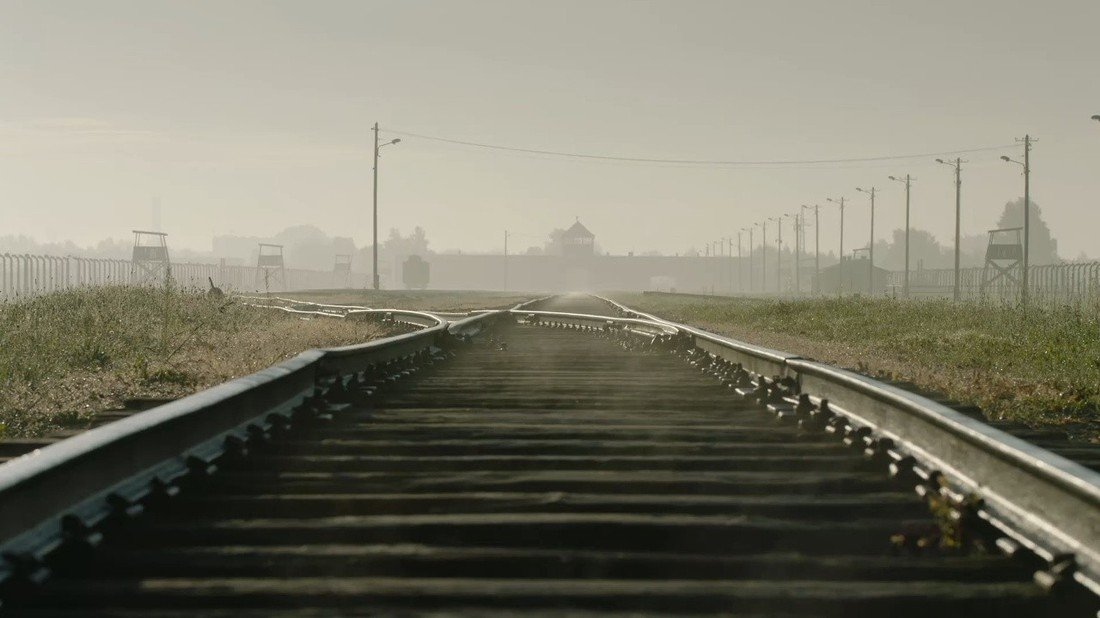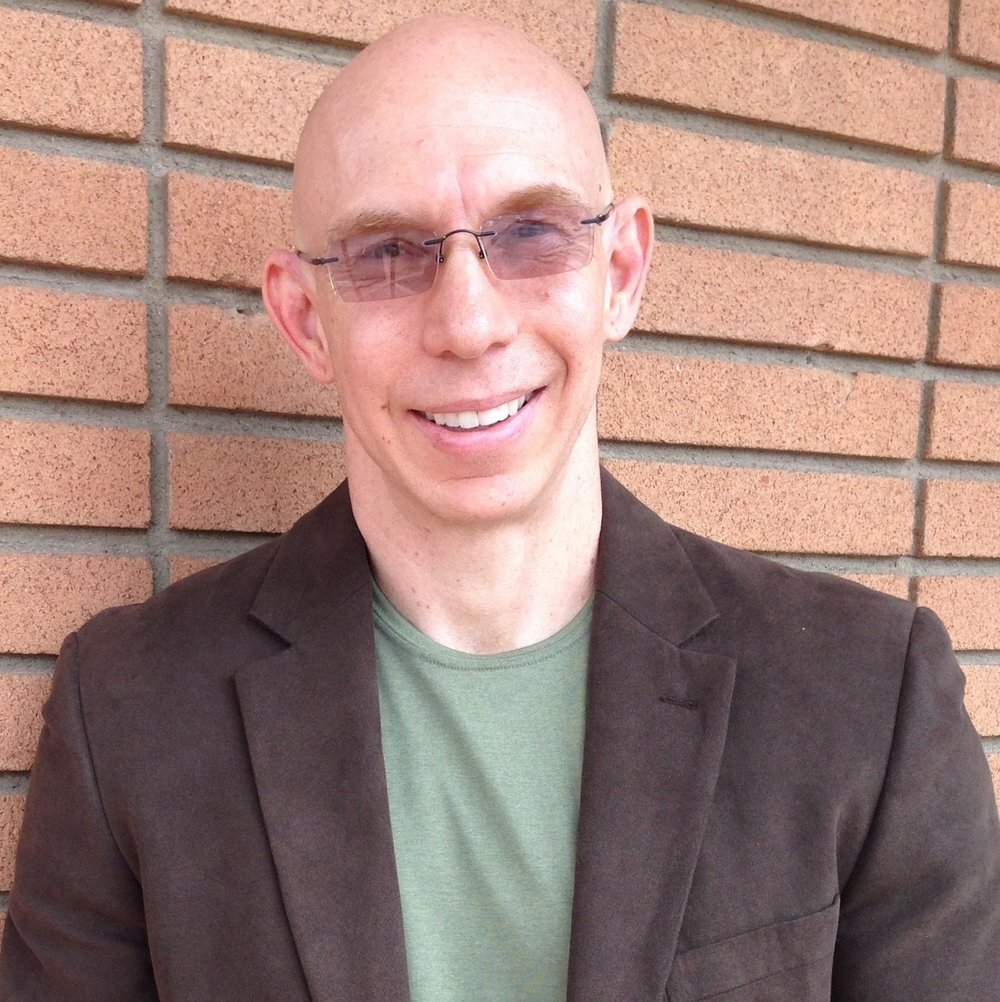Directed by: Paula Apsell and Kirk Wolfinger
Starring: Richard A. Freund, Avinoam Patt, Patrick Henry, Michael Kovner, Steven Meed, Yoel Yaari, and Lisa Loeb
Runtime: 92 minutes
‘Resistance: They Fought Back’ proudly combats long-held Holocaust perceptions
“There is never (a) more poignant question a student (can) ask me about The Holocaust than, ‘Why didn’t the Jews resist the Nazis?’ And there’s a moment where you just want to leave it alone, and there’s a moment where you can’t let it go.” – Professor Richard A. Freund
Directors Paula Apsell and Kirk Wolfinger did not let it go and released an enlightening documentary, “Resistance: They Fought Back”, chronicling Jewish resistance during WWII.
So often, movies, television, and textbooks present European Jewish communities during the war as passive targets of the German armed forces, suffering in the Warsaw Ghetto or trudging to their deaths in concentration camps without challenge. Apsell and Wolfinger disprove these hopeless, deflating images (traditionally accepted as universal truths) by uncovering individual stories – long-buried to the general public - of heroism and defiance.
The 92-minute documentary – bursting with interviews of historians, professors, survivors’ relatives, and survivors themselves, as well as an incalculable number of black and white photos and video clips – doesn’t challenge other conventional facts of The Holocaust, but it presents another side where Jewish opposition against the Nazis occurred from 1939 to 1945.
Granted, Jewish WWII resistance isn’t absent from cinema, as two semi-recent, 21st-century narrative films – director Edward Zwick’s “Defiance” (2008), starring Daniel Craig and Liev Schreiber as the real-life Bielski brothers, Tuvia and Zus, and Quentin Tarantino’s “Inglourious Basterds (2009) – demonstrate. Tarantino’s film, where a band of Jewish U.S. soldiers attempt to assassinate Adolf Hitler, is a fictionalized war picture, but according to a Sept. 24, 2023 “Screen Rant” article, Prime Minister Winston Churchill organized a unit called X-Troop, where “a group of Jewish men from Germany and Eastern Europe reportedly focused on collecting information about the Nazis.”
“Resistance: They Fought Back”, however, takes traditional documentary steps to walk the audience towards actual people and their valiant actions.
Structured by three chapters (or books, as presented on-screen), the doc identifies three distinct types of resistance, ranging from peaceful, spiritual means to all-out destructive sabotage. The doc will frequently surprise when explaining both extremes and varying degrees of fight in between.
Enormous patience, perseverance, and faith are with the former, defined as Amidah (defined as “standing up”) when individuals and small groups actively maintain their integrity and preserve cultural norms while also meticulously documenting Nazi atrocities for historians to find. The latter explores jaw-dropping wartime achievements by Jewish combatants, including covert operations and tangible demolition of the German war and extermination machines. One particular act will change your perception of an infamous Nazi entity.
While the film’s three books act as distinct, tangible pillars for the audience to lean upon, Apsell and Wolfinger carry us through extensive intricacies of the subject matter through historical context and several European locales. Experts - like Professors Avinoam Patt, Patrick Henry, the late Richard Freund, and others - offer startling and devastating facts. For instance, the doc reveals that about 1,200 European ghettos – similar to Warsaw - horrifyingly existed, or only 11 percent of European Jewish children in 1939 survived to see 1945.
Other numbers - like 925,000 killed in Treblinka, or 100,000 men, women, and children buried in a massive pit that currently looks like a harmless, inviting grassy park – can numb us into submission.
Even though the primary, positive message of “Resistance” is that Jewish communities fought back during the war, this doc largely remains a sobering and grim watch. The filmmakers don’t shy away from the brutal facts of The Holocaust while offering history lessons and the aforementioned revelations wrapped in gruesome numbers.
However, Apsell and Wolfinger devote ample screentime to courageous acts, as they and the film’s team find present-day voices – like Julie Benko, Andrew Kishino, Lisa Loeb (yes, that Lisa Loeb, the singer), and many more - to narrate genuine Jewish resistance fighters’ writings from the past.
We learn Abba Kovner’s, Vitka Kempner’s, Vladka Meed’s, and Bela Hazan’s courageous stories.
For instance, Abba led an Avengers’ team, and 19-year-old Bela posed as a Catholic and traveled in and out of dangerous spaces as a courier. Meanwhile, their children, like Michael Kovner, Steven Meed, and Yoel Yaari generously give their perspectives on their parents’ heroics through individual on-camera interviews. Lastly, elderly Holocaust survivors – like Samuel Bak – offer their personal accounts on the screen.
Holocaust documentaries are difficult to watch, and “Resistance” is no different, but this film also proudly combats long-held perceptions, ones lasting 80-plus years.
Jeff’s ranking
3/4 stars














